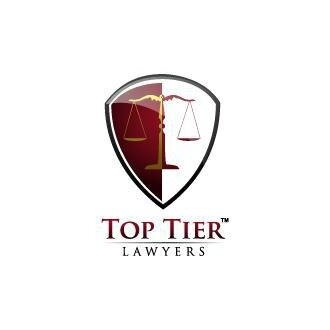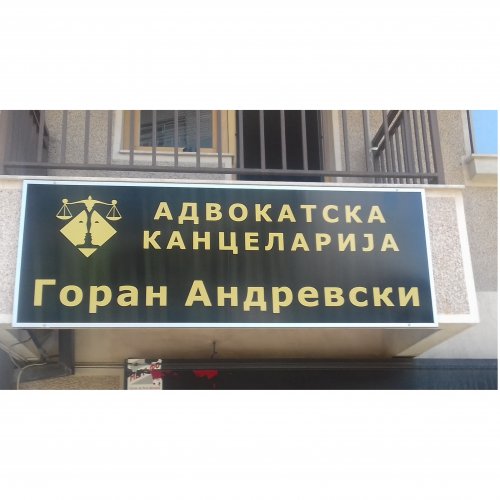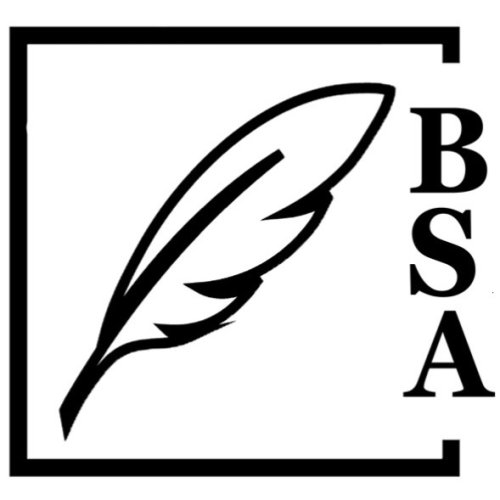Best Communications & Media Law Lawyers in North Macedonia
Share your needs with us, get contacted by law firms.
Free. Takes 2 min.
Or refine your search by selecting a city:
List of the best lawyers in North Macedonia
About Communications & Media Law in North Macedonia
Communications & Media Law in North Macedonia encompasses a broad array of legal issues involving telecommunications, broadcasting, digital media, and internet services. The legal framework seeks to balance the protection of freedom of expression and the media, promoting innovation while ensuring respect for privacy, data protection, and intellectual property rights. The country is aligning its legislation with European Union standards, making the legal environment dynamic and constantly evolving.
Why You May Need a Lawyer
Individuals or organizations might seek legal assistance under various circumstances in the realm of Communications & Media Law. Common situations include disputes over telecommunications services, privacy breaches, libel or defamation issues, regulatory compliance for broadcasters, digital content licensing, and cyberlaw issues including data protection and internet security. A lawyer with expertise in this domain can help navigate legal complexities and ensure compliance with relevant laws and regulations.
Local Laws Overview
Key aspects of Communications & Media Law in North Macedonia include:
- Broadcasting Law: Governs the regulation of television and radio broadcasting, ensuring content diversity and compliance with national standards.
- Telecommunications Law: Regulates telecommunications service providers, focusing on market competition, consumer protection, and service quality.
- Personal Data Protection Law: Protects individual privacy and personal data processing, aligning with the EU's General Data Protection Regulation (GDPR).
- Law on Electronic Communications: Provides the legal framework for the management and allocation of electronic communications networks and services.
- Intellectual Property Law: Covers copyright, trademarks, and patents, crucial for protecting media content and technological innovations.
Frequently Asked Questions
What is defamation under Macedonian law?
Defamation involves the communication of false information damaging to a person's reputation, which can be addressed legally through civil court actions.
How can I protect my online privacy in North Macedonia?
Ensure compliance with the Personal Data Protection Law by understanding your rights and working with service providers who respect data security standards.
Are there specific laws governing online content and censorship?
While the government ensures freedom of expression, laws exist to combat hate speech and content that violates public morality or security, overseen by regulatory bodies.
Can I broadcast a foreign television channel in North Macedonia?
Broadcasting foreign channels is subject to permits and must comply with local content regulations set forth by the national broadcasting authority.
What are the penalties for breaching telecommunications regulations?
Penalties can include fines, revocation of licenses, and other sanctions depending on the severity of the breach.
How can one resolve a dispute with a telecommunications service provider?
Disputes can be resolved through mediation, arbitration, or judicial procedures, with the Agency for Electronic Communications serving as a potential mediator.
What types of intellectual property protections are available for media content?
Protections include copyrights for original works, trademarks for brand symbols, and patents for any associated technological innovations.
How does GDPR impact businesses in North Macedonia?
Businesses handling personal data must comply with the GDPR, ensuring data protection principles are upheld, with significant penalties for non-compliance.
What role does the Macedonian Broadcasting Council play?
The council regulates broadcasting services, monitors content compliance, and issues necessary licenses and permits to broadcasters.
Can local regulation impact my use of social media?
Yes, while freedom of expression is protected, legal limitations exist regarding hate speech, misinformation, and content violating public order.
Additional Resources
For further information and assistance, consider reaching out to the following resources:
- National Broadcasting Council: Regulates broadcasting and issues licenses.
- Agency for Electronic Communications: Governs telecommunications and dispute resolution.
- Personal Data Protection Agency: Deals with privacy and data protection issues.
- Macedonian Association of Journalists: Provides support and resources for media professionals.
Next Steps
If you need legal assistance in Communications & Media Law, consider the following steps:
- Identify the specific legal issue or area of concern.
- Compile all relevant documents and communications related to your case.
- Seek recommendations for reputable legal professionals or firms specializing in Communications & Media Law.
- Schedule consultations to discuss your situation and potential legal strategies.
- Engage a lawyer who understands the intricacies of local laws and can effectively represent your interests.
Lawzana helps you find the best lawyers and law firms in North Macedonia through a curated and pre-screened list of qualified legal professionals. Our platform offers rankings and detailed profiles of attorneys and law firms, allowing you to compare based on practice areas, including Communications & Media Law, experience, and client feedback.
Each profile includes a description of the firm's areas of practice, client reviews, team members and partners, year of establishment, spoken languages, office locations, contact information, social media presence, and any published articles or resources. Most firms on our platform speak English and are experienced in both local and international legal matters.
Get a quote from top-rated law firms in North Macedonia — quickly, securely, and without unnecessary hassle.
Disclaimer:
The information provided on this page is for general informational purposes only and does not constitute legal advice. While we strive to ensure the accuracy and relevance of the content, legal information may change over time, and interpretations of the law can vary. You should always consult with a qualified legal professional for advice specific to your situation.
We disclaim all liability for actions taken or not taken based on the content of this page. If you believe any information is incorrect or outdated, please contact us, and we will review and update it where appropriate.
Browse communications & media law law firms by city in North Macedonia
Refine your search by selecting a city.










